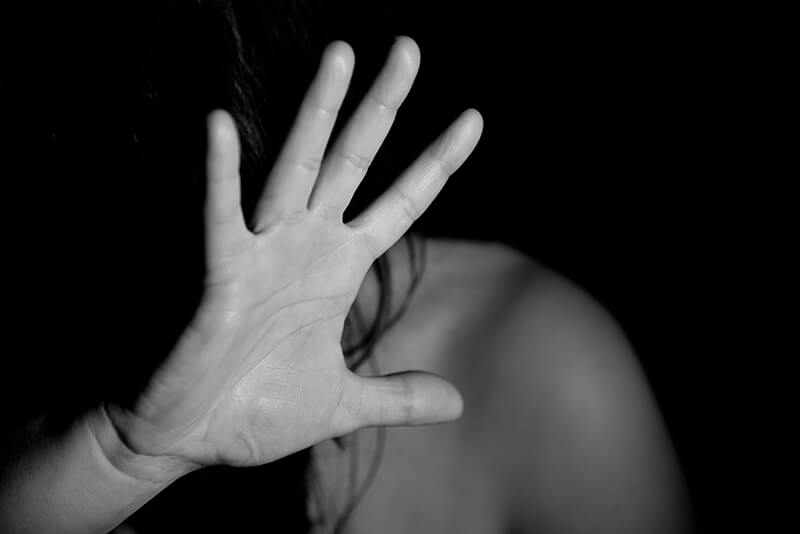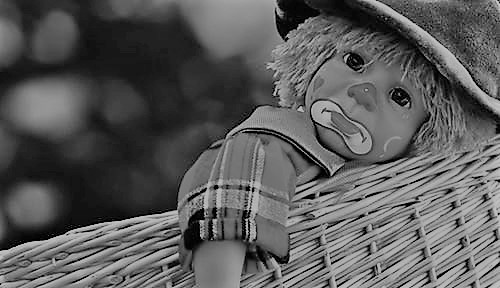What is a phobia?
The NHS defines a phobia as “an overwhelming and debilitating fear of an object, place, situation, feeling or animal”. So, this is more than simply not liking something or being a bit wary. Phobias have the potential to have a severe impact on a sufferer’s life. If you have a phobia, you can find yourself avoiding situations where you may come across the object of your fear and your life can shrink away as a result.
No one wants to feel that way, but you can’t just tell yourself to get over it. That’s just not possible.
Symptoms of phobia can include:
- Panic attack
- Screaming or crying
- Dizziness or in severe reactions, fainting.
- An irresistible urge to run away
- Feeling sick
- Shaking
- Shortness of breath or difficulty breathing
- Sweating, hot flushes or chills
And more besides.
What causes it?
We’re here today because the brains of our prehistoric ancestors were extremely efficient at spotting danger and either running away from it or fighting it. This is the “flight or fight” response. Our body floods with stress chemicals such as adrenaline, which is designed to get us to react fast and move fast. We know that feeling as anxiety, or perhaps even panic.
The part of the brain that stayed at red alert for dangers is still with us today. Unfortunately, it can sometimes get things wrong and decide something is dangerous when it isn’t. This happens because this part of the brain is designed to assume the worst will happen. And it has to do this, because its only job is to keep us alive. It’s not interested in us being happy.
So, this is how phobias can develop. The part of our brain that’s looking for dangers decides that something, maybe being in a plane, is life threatening. So, you get on that flight and react with anxiety. You survive the flight, so the anxiety has “worked”. Every time you’re faced with a flight, the anxiety returns. And as the pattern gets reinforced, it gets stronger.
All of this happens subconsciously, so you can’t consciously think your way out of it.
Thankfully, we can address this with hypnotherapy.
How we can help
As the phobic reaction occurs subconsciously, we need to get to the root cause. Hypnosis allows us to access our subconscious in a safe way, and hypnotherapy is a very effective method of dealing with phobias. It allows you to access your subconscious mind and change the way you react to your object of fear. The process is explained fully when you come for your initial consultation, and we’re ready to help.
Imagine your life without your phobia, and take the first step to getting there by contacting us today. There’s nothing to fear.




